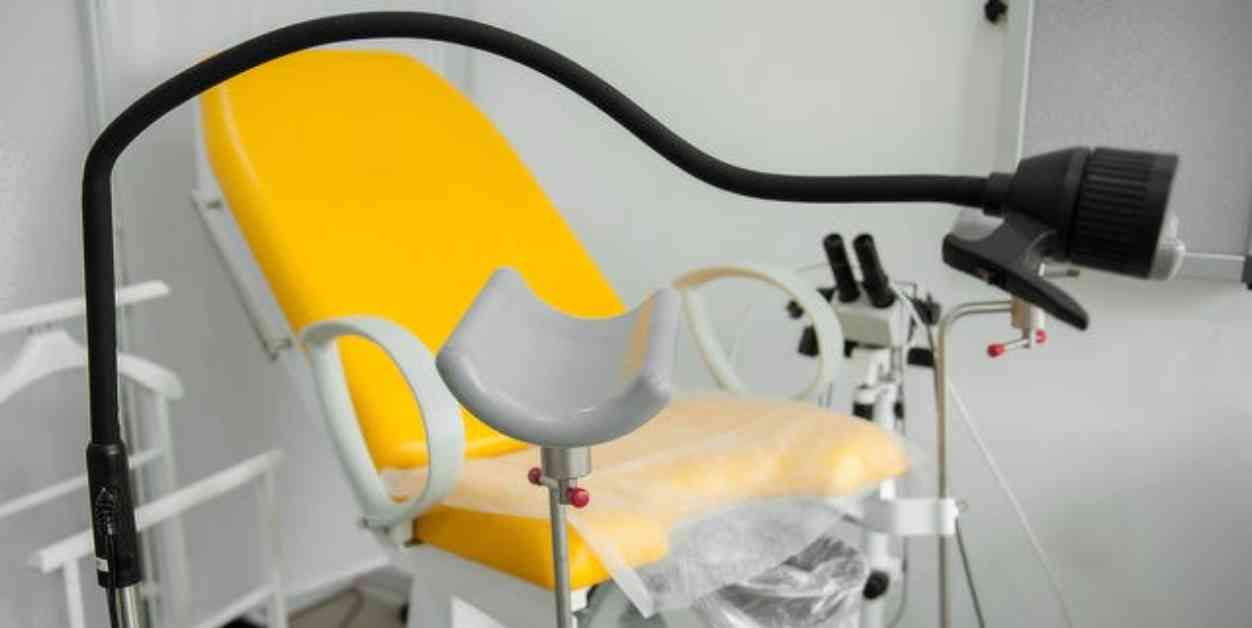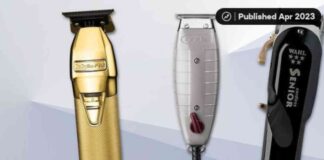Getting a Pap smear isn’t high on most people’s list, but it’s the go-to test to look for cervical changes that could lead to cancer. So, most women endure it every three or so years. Now, there’s a new Pap smear alternative that could help you bypass the speculum. The Food and Drug Administration (FDA) approved self-collection kits from both Roche and BD in May for use inside health care settings, allowing patients to collect a sample themselves and leave it for their provider to test. This isn’t the only new innovation in cervical cancer screening: A Danish doctor is working on using period blood for screening, too. Meet the expert: Christine Greves, M.D., is an ob-gyn at the Winnie Palmer Hospital for Women and Babies in Orlando, Florida.
OK, but how does this new test work? Will it be at your doctor’s office? Here’s what you need to know. What is an alternative to a pap smear?
### Self-Collection Kits: A Game-Changer in Cervical Cancer Screening
There are a few of these coming out, but they’re similar at the core. These are self-collection kits that allow you to take a sample at your doctor’s office and then have your healthcare provider test it for cervical cancer. Given that Pap smears are uncomfortable at baseline and terrifying or traumatizing for some women, it’s a good option to have, says Christine Greves, M.D., an ob/gyn at the Winnie Palmer Hospital for Women and Babies in Orlando, Florida.
Research has found that these are similar to a Pap smear in how effective they are at detecting cervical cancer. Instead of getting a Pap smear test, you’ll soon be able to do a self-collection and have your doctor test it for you. (Think of it like the vaginal version of peeing in a cup.)
The FDA-approved tests involve inserting a swab that looks a lot like a Q-tip a few inches in your vagina, swirling it around, and then giving it to your healthcare provider to test. It’s unlike that the Pap smear will actually be replaced, given that it’s been the go-to method of screening for cervical cancer for ages, Greves says.
### The Future of Cervical Cancer Screening: Self-Collection vs. Traditional Pap Smears
“But doing this test is better than nothing,” she says. “If a woman has vaginismus—a condition that causes involuntary tensing of the vagina—or is terrified of a speculum exam, this is definitely a better option than what we’ve had before.”
There are two upcoming tests that will allow you to screen yourself for cervical cancer. Those are called Onclarity HPV, made by BD, and cobas HPV, made by Roche, per the National Cancer Institute (NCI). While they’re not available this second, they should be soon. BD’s kit is expected to be available in September and Roche’s kit will likely be available later this fall.
Worth noting: Similar tests are already available in different countries, including Australia. It’s not clear at this moment. The American Cancer Society(ACS) has applauded the approval of these tests but, given that they’re new, it may take some time until insurance companies decide to cover them. While Greves says the new tests have value, she also urges women to still get regular speculum exams as recommended. “There is a lot of information we can learn from a speculum exam that can add value to a woman’s life,” she says. “I found recurrent cancer during a speculum exam in someone who didn’t need to get a Pap. You can just learn a lot from these exams.”
### The Importance of Regular Cervical Cancer Screening
Korin Miller is a freelance writer specializing in general wellness, sexual health and relationships, and lifestyle trends, with work appearing in Men’s Health, Women’s Health, Self, Glamour, and more. She has a master’s degree from American University, lives by the beach, and hopes to own a teacup pig and taco truck one day.

















